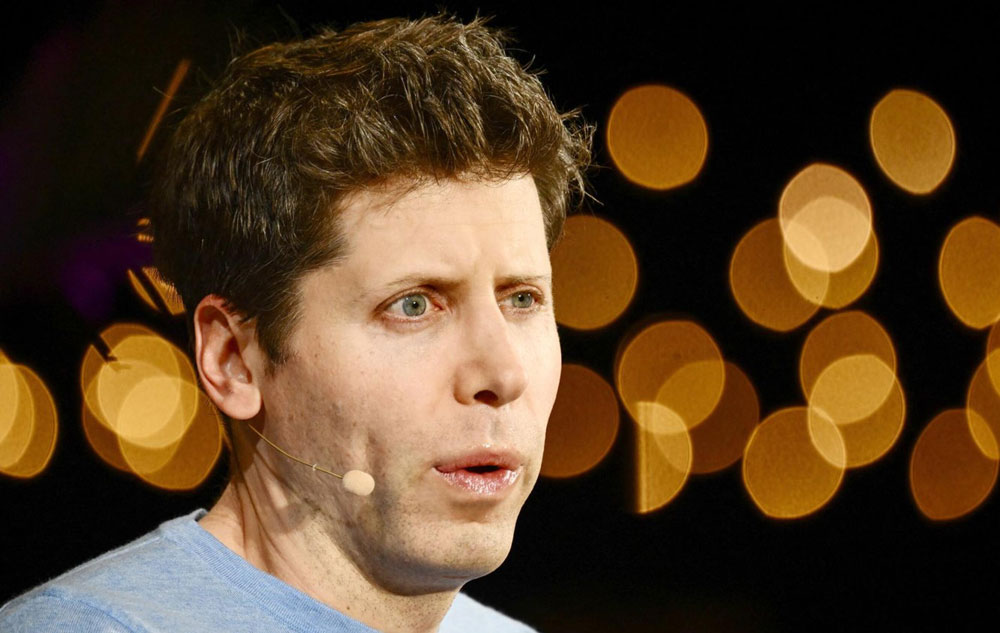OpenAI has announced a $1.5 billion tender offer from Japanese tech giant SoftBank, marking yet another milestone for the artificial intelligence leader. This move allows current and former OpenAI employees to sell their shares, offering a significant liquidity event for those holding restricted stock units for at least two years.
A Strategic Move for SoftBank
SoftBank’s investment is part of founder and CEO Masayoshi Son’s broader ambitions to dominate the AI space. This latest investment follows Son’s persistent push for a larger stake in OpenAI, especially after SoftBank invested $500 million in OpenAI’s recent $6.6 billion funding round, which valued the company at $157 billion.
Son’s determination to secure a more substantial position in the growing AI market reflects his vision to make the “next big move” in artificial intelligence. SoftBank has a history of investing in leading tech firms, including Apple, Qualcomm, and Alibaba, and has recently expanded its AI portfolio with startups like Glean, Perplexity, and Poolside.
Employee Liquidity Amid a Dormant IPO Market
The tender offer provides an opportunity for OpenAI employees to cash out some of their equity, a significant development in a time when IPOs remain subdued. Employees will be able to sell shares at $210 per unit, aligning with OpenAI’s most recent valuation.
This tender offer is a shift from OpenAI’s historically restrictive approach to secondary share sales. Earlier this year, the company reversed its policies to allow both current and former employees equal participation in annual tender offers. This change comes in response to growing concerns about liquidity access and the pressure to provide financial opportunities for shareholders without relying on public markets.
OpenAI’s Rapid Growth and Financial Challenges
OpenAI’s growth trajectory has been nothing short of remarkable. Since the launch of ChatGPT in late 2022, the company has raised approximately $13 billion from investors, including Microsoft, Nvidia, and Thrive Capital. Its valuation has soared to $157 billion, making it one of the most valuable private companies in the world.
However, the company’s rapid expansion comes with significant financial challenges. OpenAI is expected to report $5 billion in losses on $3.7 billion in revenue this year, reflecting the capital-intensive nature of its AI development efforts. Despite these losses, OpenAI has access to substantial liquidity, including a $4 billion revolving line of credit.
SoftBank’s AI Ambitions
SoftBank’s investment in OpenAI underscores its commitment to artificial intelligence. The company’s Vision Fund 2 has been actively investing in AI startups, and Masayoshi Son has publicly stated his intention to save “tens of billions of dollars” for transformative AI opportunities.
SoftBank’s growing AI portfolio positions it as a key player in the generative AI market, which is projected to exceed $1 trillion in revenue within the next decade. Business spending on generative AI has surged 500% this year, according to Menlo Ventures, highlighting the expanding demand for AI technologies across industries.
Competition and Market Dynamics
While OpenAI continues to dominate the AI landscape with products like ChatGPT, the company faces increasing competition from startups like Anthropic and tech giants such as Google and Microsoft. OpenAI’s recent launch of a search feature within ChatGPT positions it to challenge search engines like Google and Microsoft Bing, as well as newer entrants like Perplexity.
With the generative AI market experiencing explosive growth, OpenAI’s ability to innovate and attract major investments like SoftBank’s will be critical to maintaining its leadership position.
Future Outlook
The $1.5 billion tender offer is a win-win for OpenAI and SoftBank. It provides liquidity to employees, aligns with SoftBank’s strategy to back AI leaders, and highlights the immense investor demand for artificial intelligence companies.











